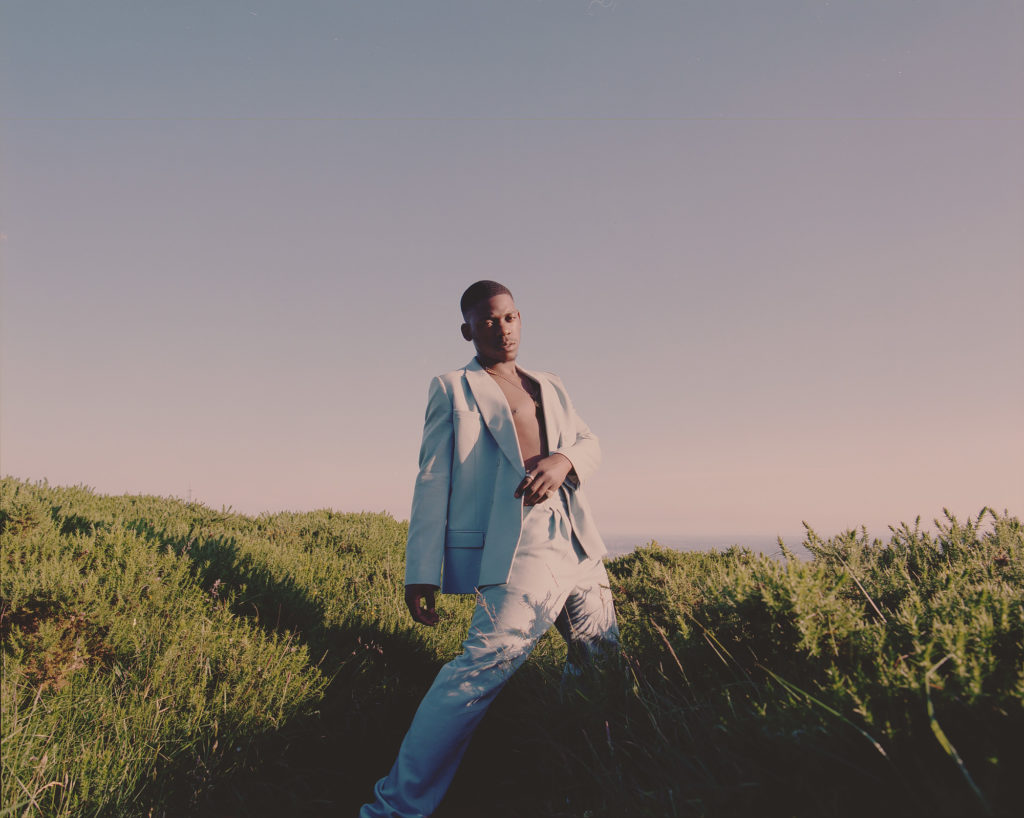Ad Test
Words: Eric Davidson
Photography: George Voronov
Styling: Michael O’Connor
Following the announcement of this year’s Choice Music Prize nominees, we are revisiting our archives and dusting off some of our favourite features with the selected acts.
Jafaris is Ireland’s resident shapeshifter. Whether it’s sharing snippets of unreleased drill music or flaunting dance-inducing afrobeat fusions, his relentless output and flair for genre hopscotch has made him one of our most unpredictable exports. While our 2019 interview with Uncle Jafa certainly signposted him for greatness, few could have predicted the kind of success he’s enjoyed as one of the acts at the forefront of Irish hip hop and RnB. Ahead of his song of the year nomination for Haunted, read our interview with Jafaris as he found his feet before creating the greatest music of his career so far.
Lucozade Energy is championing the search for success and empowering young people to leverage their passions through positive energy. Last month Jafaris took part in the Lucozade Energy Sessions in Dublin’s Huckletree on Pearse Street. We produced a short film and portraiture series with him in the run up.
It was the summer of 2016 when I went to The Bernard Shaw smoking area to see an artist who had recently changed his name from ProFound to Jafaris. In May of that year he released a video for ‘Lucid‘ that blew me away. The production, videography and, crucially, the unbridled talent of the Dublin vocalist/dancer/rapper grabbed me by the throat.
There were 50 people in attendance, some chattering away while Jafaris performed, some nonchalantly nodding their heads to his music, some (like me) engrossed in the performance. Fast forward to March 2019 and I dare you to find one person at a listening party in a packed out Button Factory who wasn’t 100 per cent concentrated on the stage while Jafaris performed tracks from his debut album ‘Stride’.
I interviewed the Dubliner for Issue 002 where we spoke about the burden of hype, how “Everybody is trying to get people to open the door so we can all run in”. He was referring to artists like Rejjie Snow, but now he’s one of those artists. A beacon for other underground artists, shining the way for others with aspirations as lofty as his.
Earlier this year he released his debut album ‘Stride’, a record that proves he’s ready be the link to the underground in the mainstream, topping the charts but showing Ireland, the UK and inevitably the rest of the world that there’s artistry in pop music. Ahead of his Lucozade Energy Session in Huckletree we sat down with the Dublin artist in Diffusion Lab studios for a conversation about dance and the energy of movement in all aspects of his life.
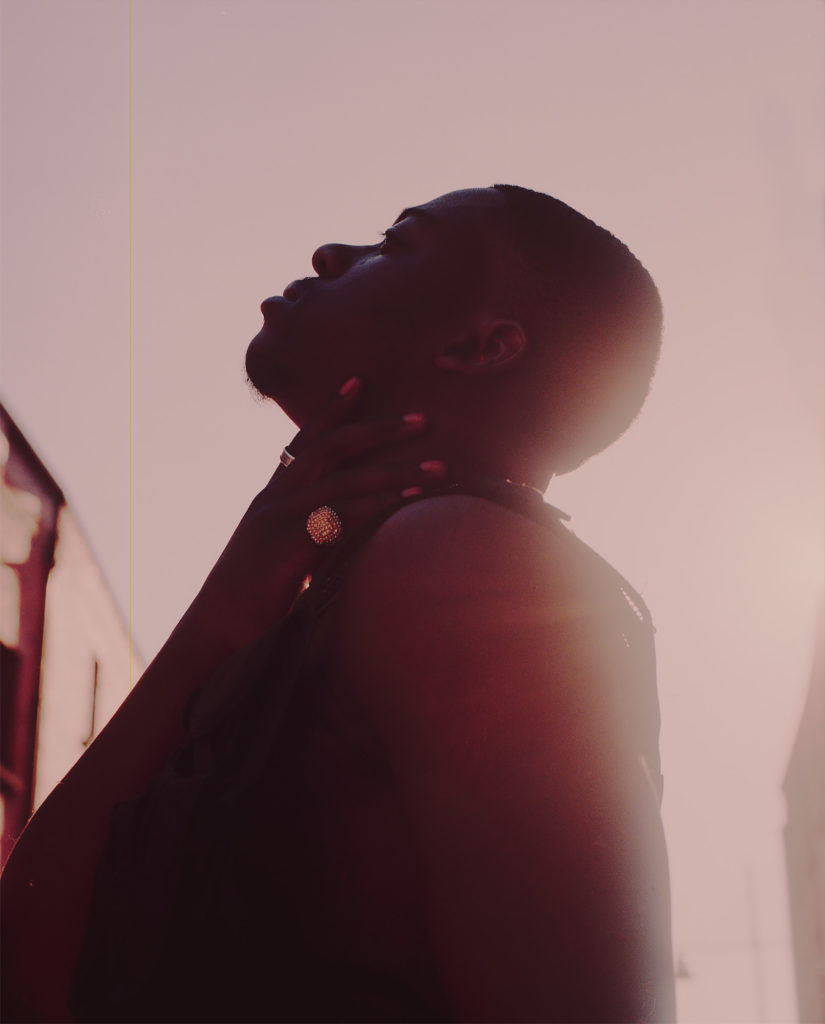

For me, dance has been important since I was 10. That’s all I wanted to do.
Jafaris
Why has dance and movement become such an integral part of your performances?
For me, dance has been important since I was 10. That’s all I wanted to do. Music came in when I was 16, dance was the only thing I wanted to do for the rest of my life. I thought I was going to be the biggest choreographer, I was going to travel the world… Then when music came along I think incorporating the music, and the dance and the visuals, added to the art. I feel like dance slotted in there naturally.
[adsanity align=’alignnone’ id=56400]
[adsanity align=’alignnone’ id=56401]
On stage, it doesn’t feel choreographed when you dance, if very much feels like it’s a state of flow and you’re letting the energy take control.
The last few shows I had to practice where the hits were, but the actual movement itself isn’t choreographed, I’m just freestyling. I would like to add more routines into set, but until then, I just free-flow.
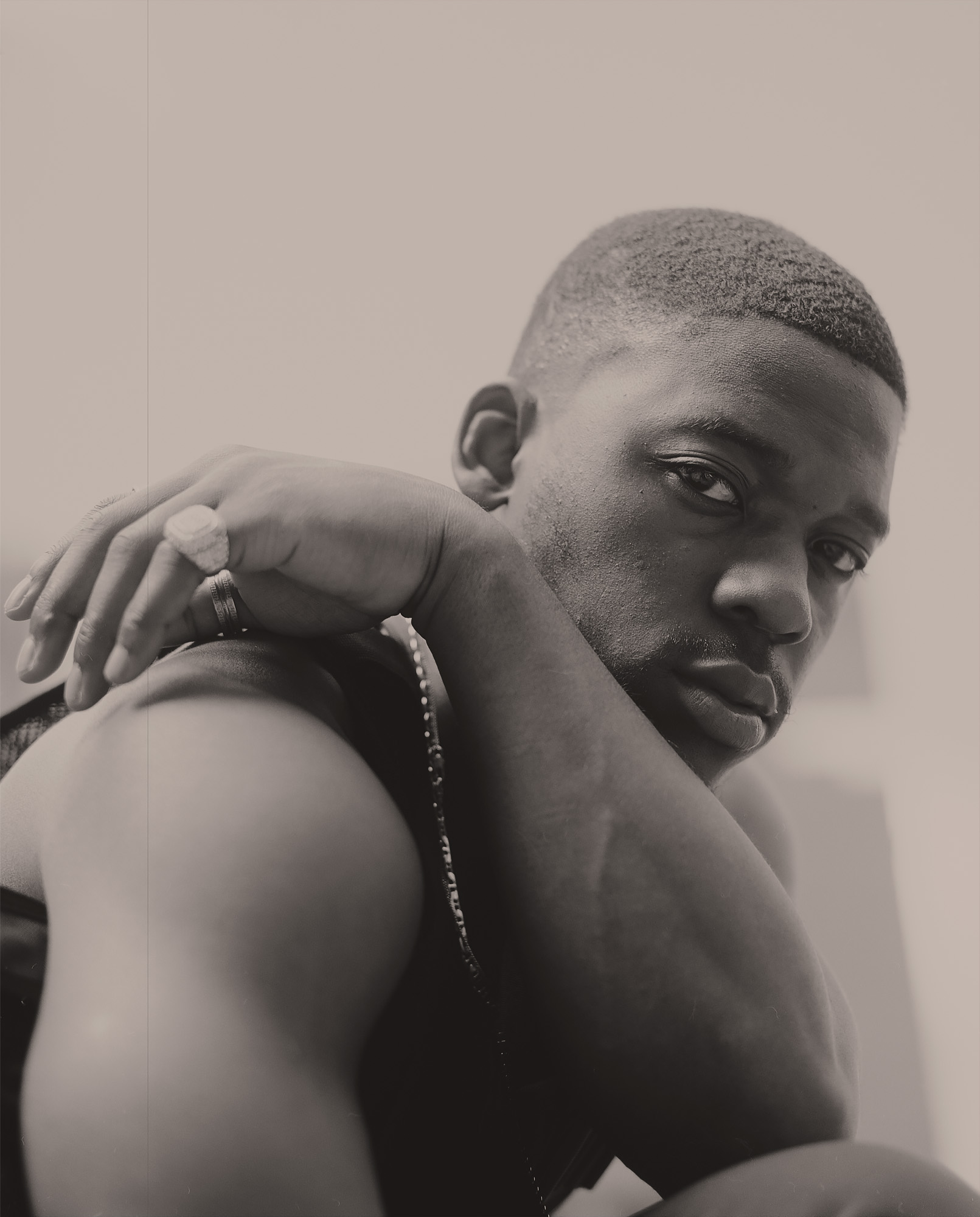

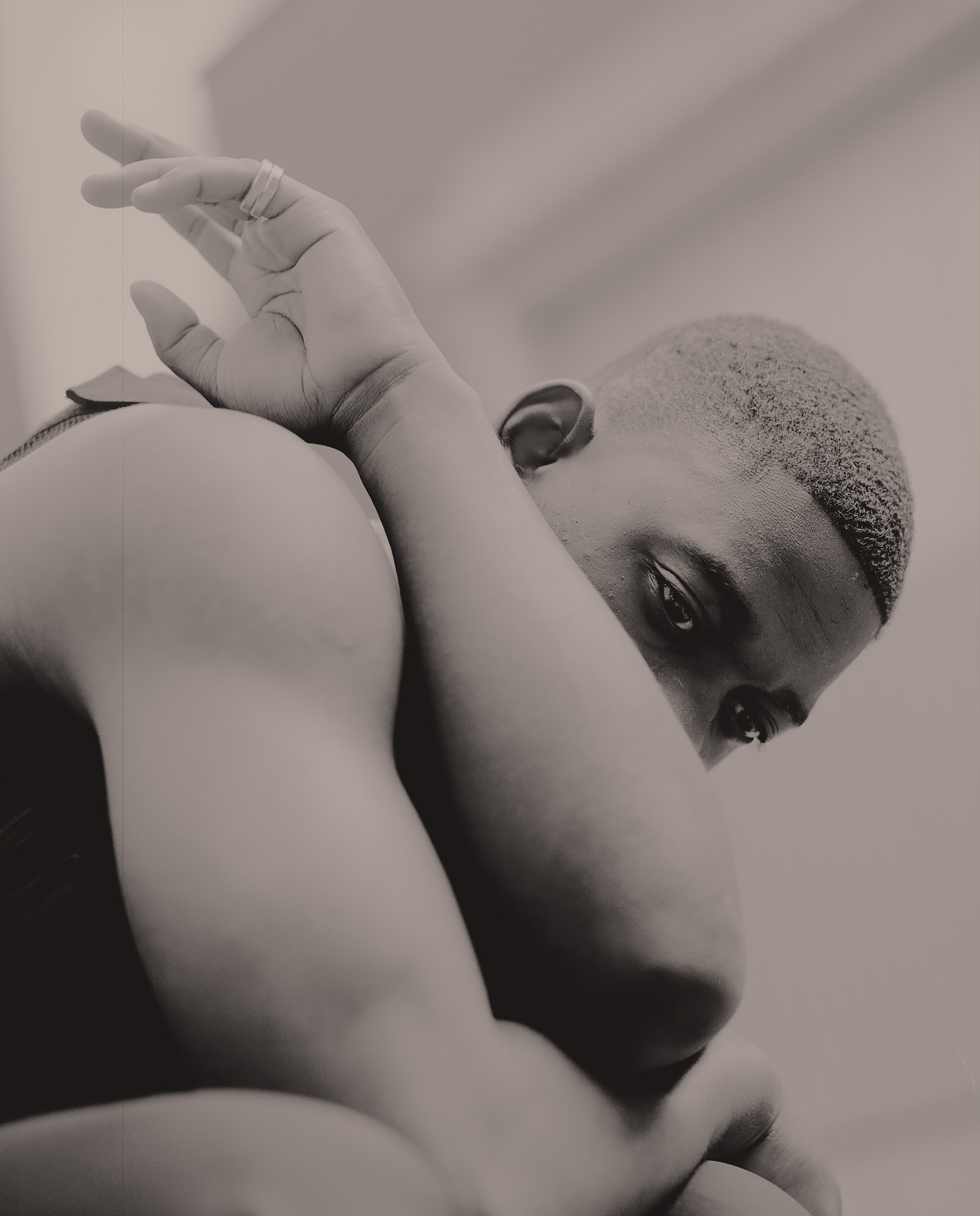

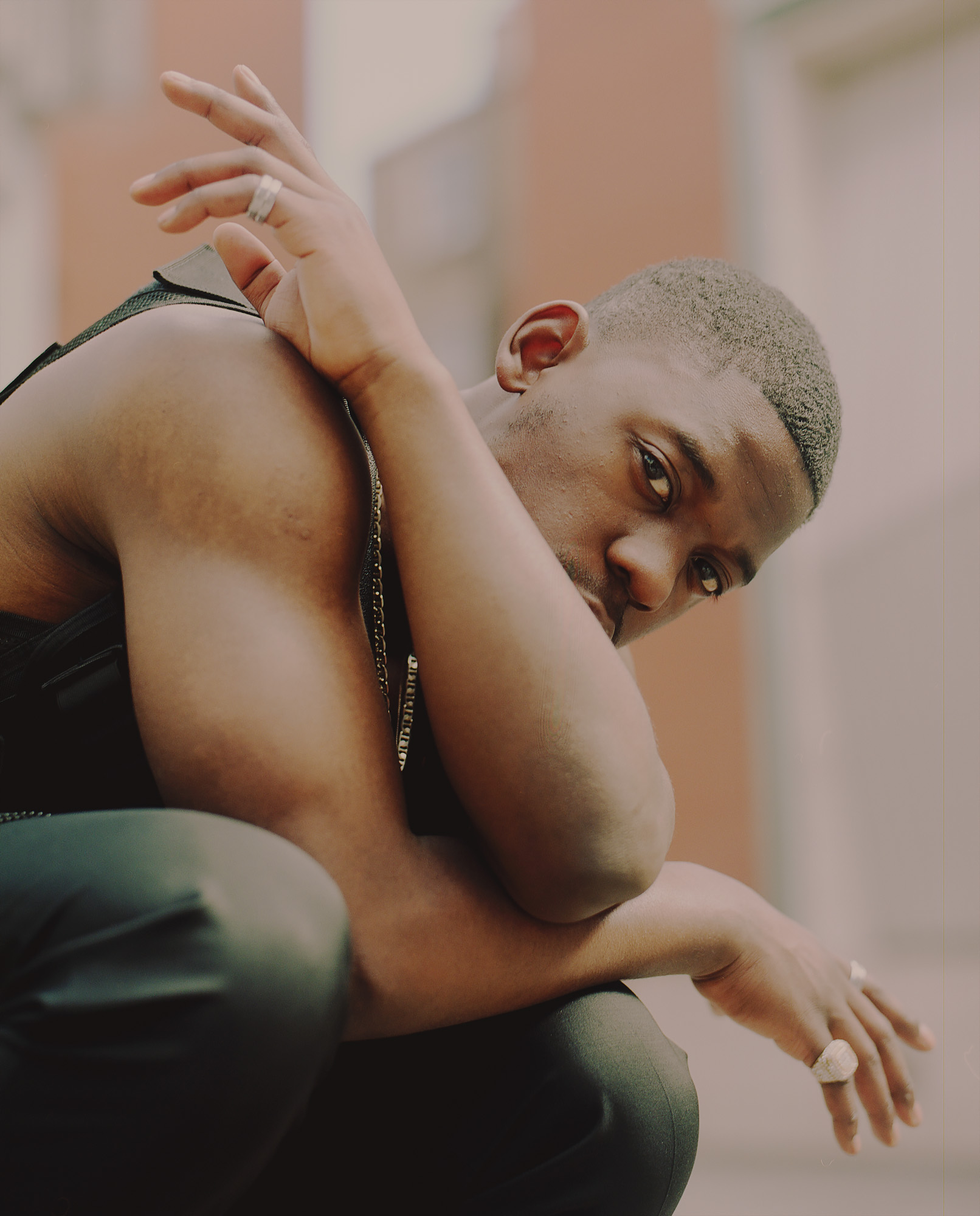

Does dance contribute to your creativity as a musician?
I think dance adds to the whole thing, because it’s not just people coming to the show to see somebody sing a song, or just rap, or whatever, they’re getting the full experience with me. He’s singing, he’s rapping, he’s dancing, and he’s showing the visuals in the background… There’s a bit of theatrics. Dance adds to it because it makes me more comfortable, because that’s what my body was used to before this whole music thing. It’s weird because when I forget lyrics I have to do the actions to remember the lyrics. My memory remembers it because of how my body moves to it. I don’t know how to explain it, it’s weird… I remember once I was doing a practical thing in BIMM and I was forgetting all my lyrics and I was like, ‘Yo, can I take a moment?’. I went to the toilet and I was trying to remember but I was super nervous, but as soon as I started moving my hands to the right and to the left I could remember all the lines and how I said it, and the flow.
Dancing was one of the key elements of hip hop when it began in the late 70s, is incorporating dance a nod back to this time for you?
My intentions aren’t to nod back. I’m not acknowledging the old school when I’m dancing. I guess because I do it then it doesn’t hurt to think of it that way. It’s more like this is who I am and these are all the things I’ve been influenced by from back when I was 10, watching things like ‘Step Up’, ‘You Got Served’ and ‘Stomp the Yard’… This is all what makes up my musical makeup. These are all the things that I use to channel my music now. The dance part of it is literally reminiscent of where I came from. So I guess you could say that I’m nodding to the old school in a sense, but that’s not really where my mind is at when I’m doing it.
How important is your on stage energy to your creativity?
I think that the energy part of it is my superpower when I’m on stage. I would prefer that the crowd gives me all the energy so I can keep going, and obviously that helps… But I’ve done a lot of shows where people were just standing there for the first 30 minutes of my set and I had to really feed them the energy. For me the energy part of it is instilled in me, almost. The music makes it come out.
Before I get on stage I’m a completely different person to who I am on stage. But as soon as I get on and that first beat hits, that first drop, that’s it. I’ve switched on now and I’m ready to go. Once I’m in the swing of it I completely forget that I was nervous. I even block out the fact that some people aren’t moving or people haven’t caught onto it yet. But I have to keep filling up the room with that energy. It just comes to me I guess, it’s weird.
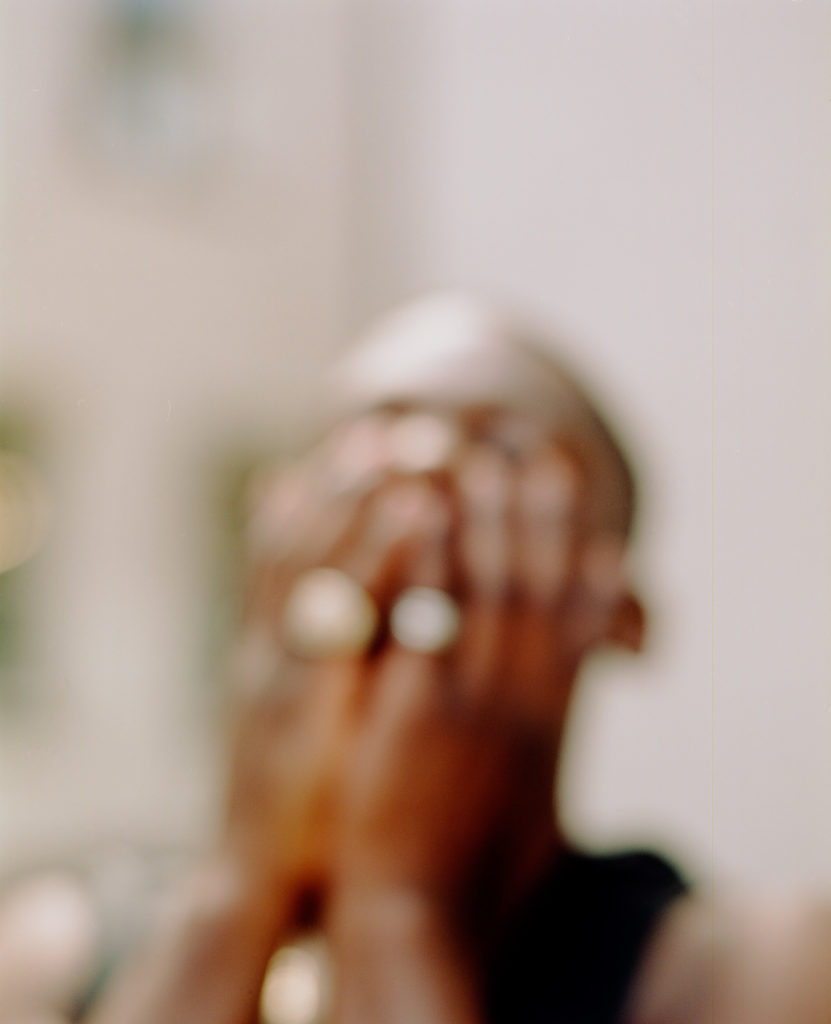

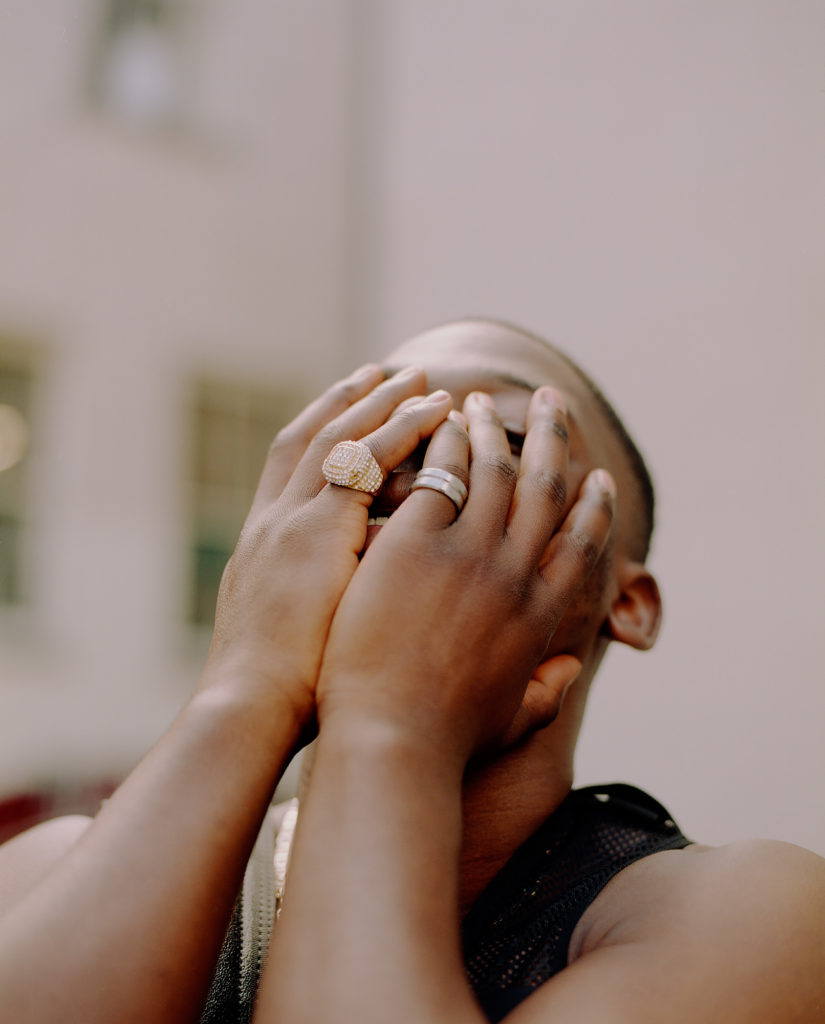

Before I get on stage I’m a completely different person to who I am on stage. But as soon as I get on and that first beat hits, that first drop, that’s it. I’ve switched on now and I’m ready to go.
Jafaris
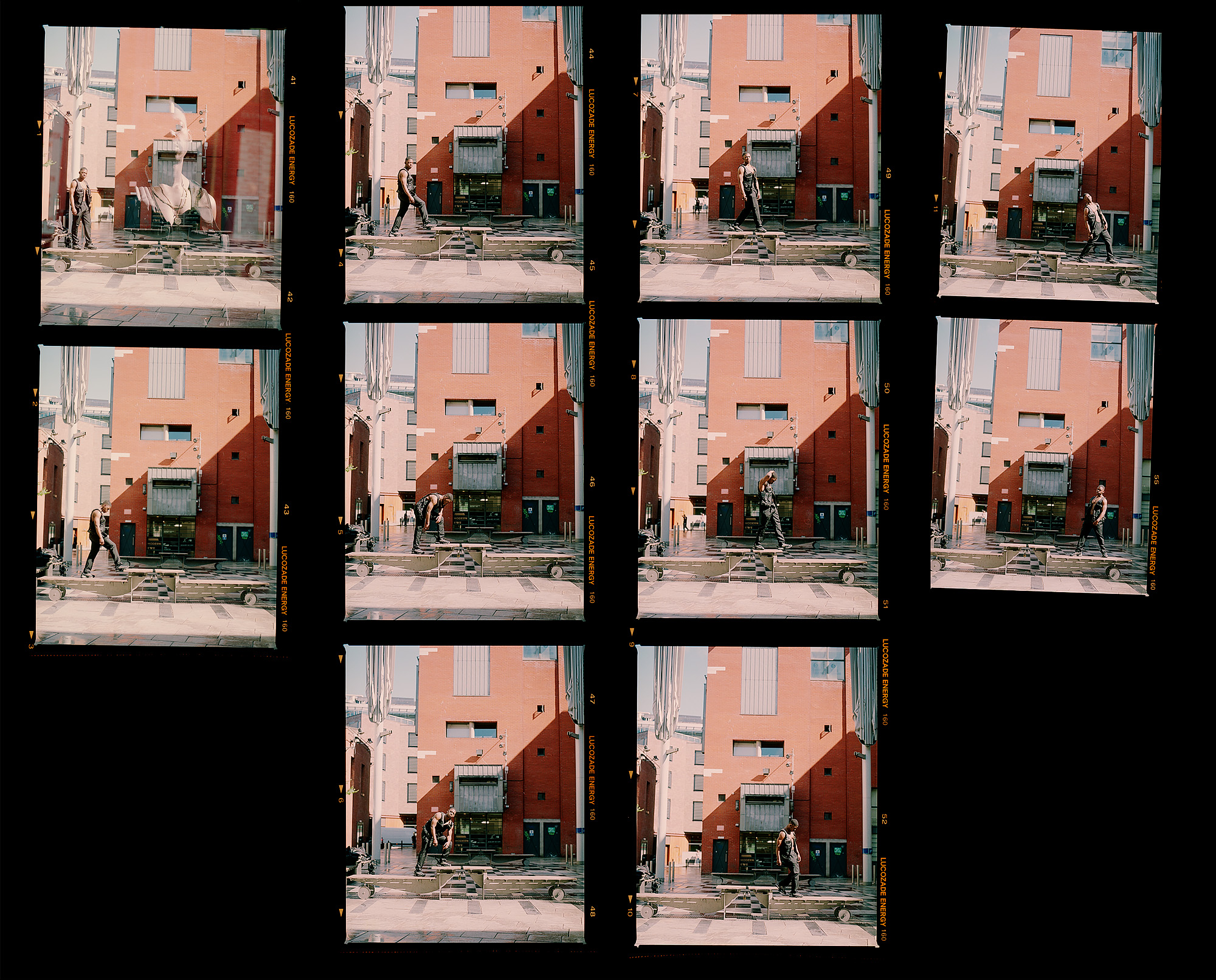

What do you feel has been the key to Irish hip hop’s movement forward in recent years?
I know for me what switched it all was watching my peers propel. People like Hare Squead for example, watching them go from what were were doing together in the same studios to being picked up by labels and doing bigger things. That triggered a lot in me, it’s like oh this is very, very possible, even coming from this small city. There’s ways to do it.
We just started getting more recognition from radio. I know there are people in places like RTE and Spin who we’ve created relationships with that have taken a liking to the music and wanted to support from early. Little changes like that really go a long way, especially for people like me who do music that isn’t for radio, per se… Or at least I started like that anyway. For people to take a liking to it and want to support it and want to move it forward has really just switched the whole dynamic of how Irish music is distributed.
You’ve often spoken about how important having Diffusion Lab around you has been for your progression, do you feel having a collective mentality is needed for Irish hip hop to progress even further?
I think that collective mentality is definitely one of the keys, if not the most important key. I see it all the time, watching the UK, people like Stormzy or Skepta who’ve pushed forward their culture, they always do it by pulling everyone else up with them. The ones who are in a position of power have definitely sustained themselves because they’ve had so many people to carry and so many other people have carried them up. It’s always been, let’s help each other. Ireland is definitely on the way to doing that. People are linking up, there are collectives now, there are movements, there are a lot of people who are doing it without that whole ‘it’s just me, myself and I’ mentality. More of that is definitely going to bring us out.
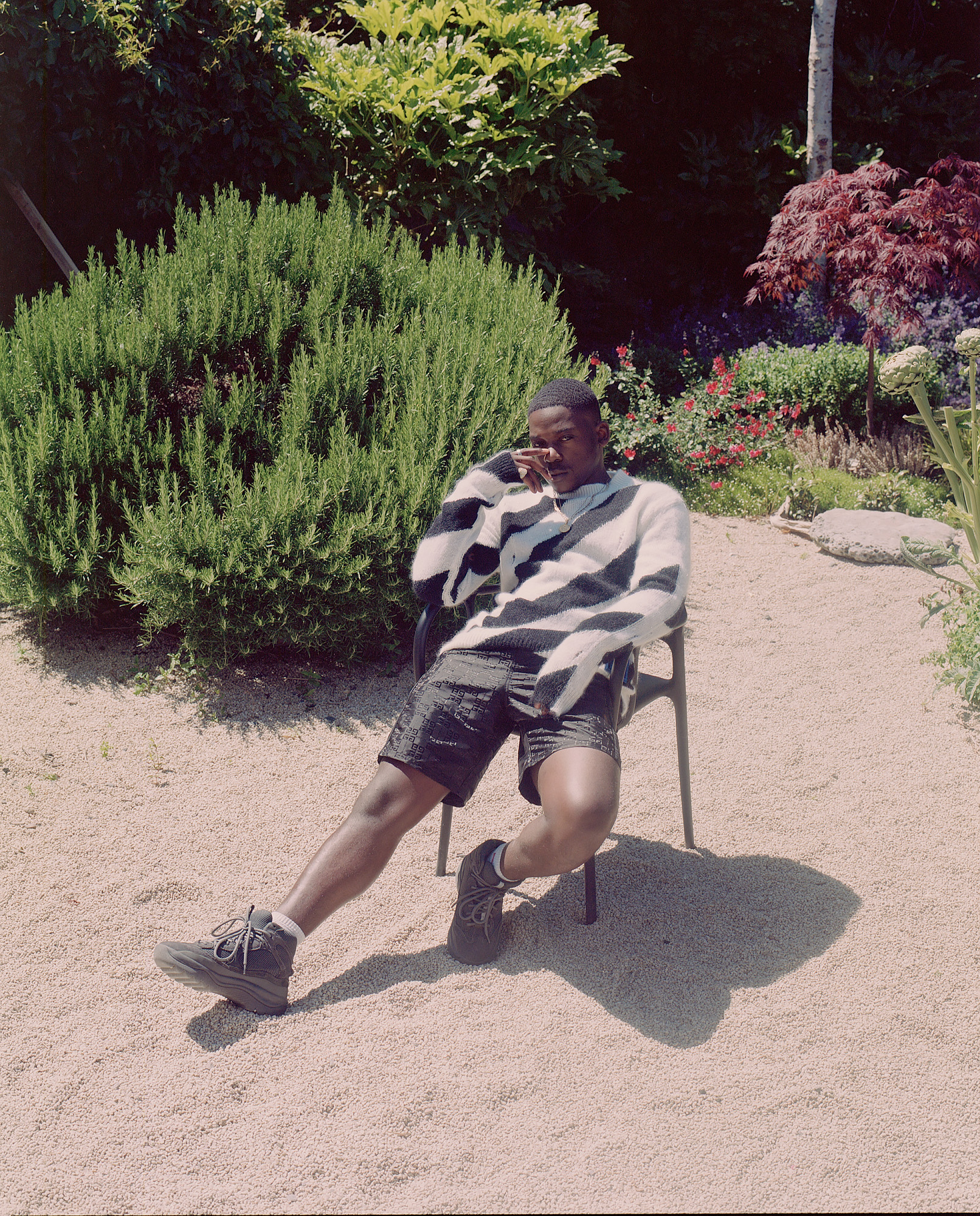

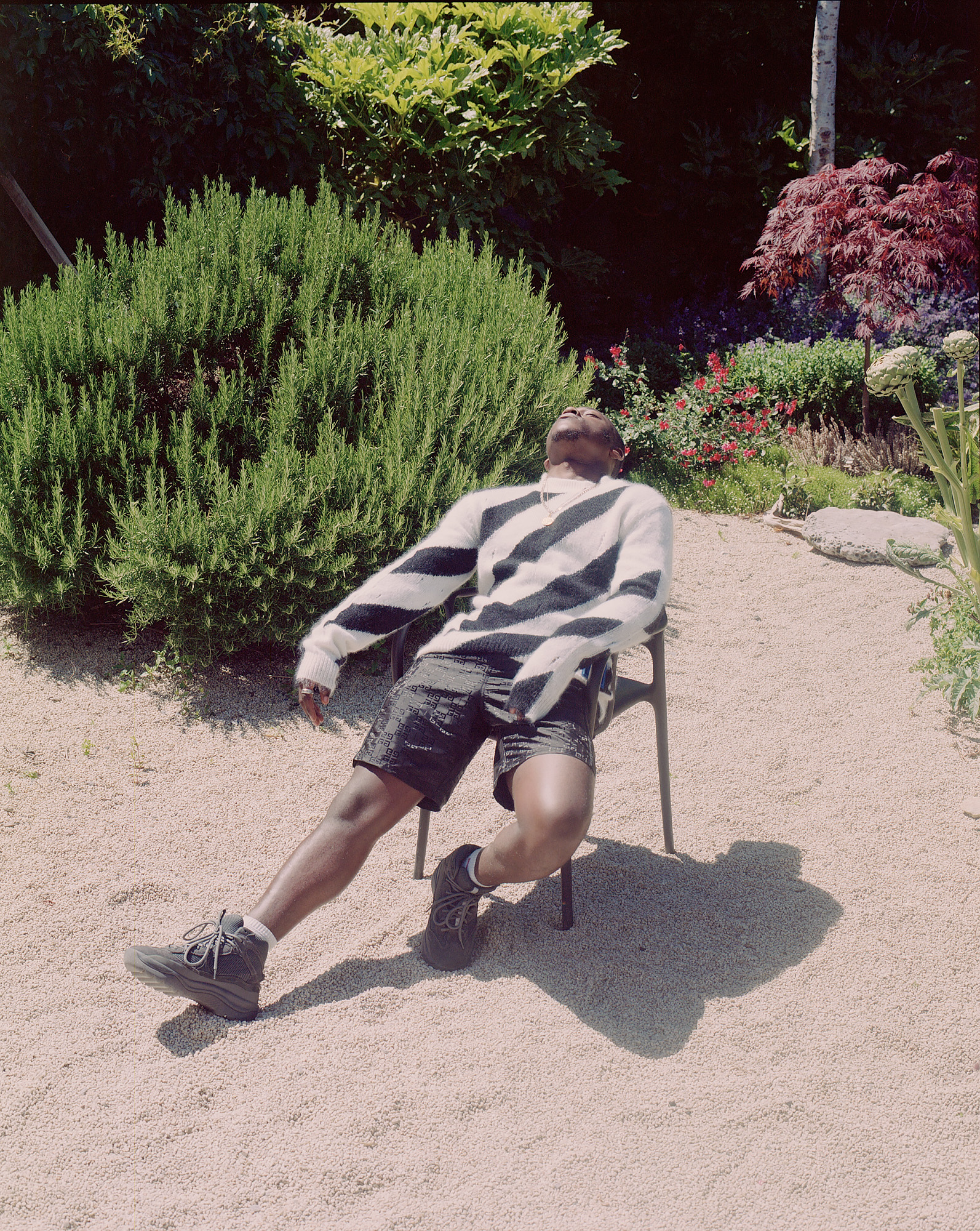

Through social media you raise up other artists/clothing brands/platforms around you, why do you feel it’s important to put people on and not just focus on yourself?
This is the year that I feel like I’ve now purposely stepped into that role. I want to use the position I’m in to uplift the rest of us. There’s been a lot of shine on me recently and I feel it definitely takes away from the rest of the scene in a sense. There are people who are holding their own and there are a lot people who are putting in work and being noticed for themselves, but in the grand scheme of things if you look on the blogs they’re mentioning me a lot… Which is great, and I’m so appreciative of that, but at the same time there are a lot people who are just as amazing as me if not better who don’t get the same recognition. Part of that is because I have help from Diffusion Lab, we’ve created relationships, people who’ve pushed my career forward.
For me, when I was sharing stuff online that was just because it was my friend, or it was something I saw that I thought was cool, now I don’t just want the rest of Ireland to see what I’m posting, but I want the friends I’ve made in the UK to see, the people I’ve talked to in America to that there’s more than just Jafaris here, we have all this amazing talent. And it’s not just the music part as well, there are people who do fashion, art, dance, acting, all of these different things that are amazing and are pushing the scene forward that don’t get the same shine as people who make music. If I can share one thing that will get this person a bit more of a following or someone else to want to link up with them, I’m gonna try.
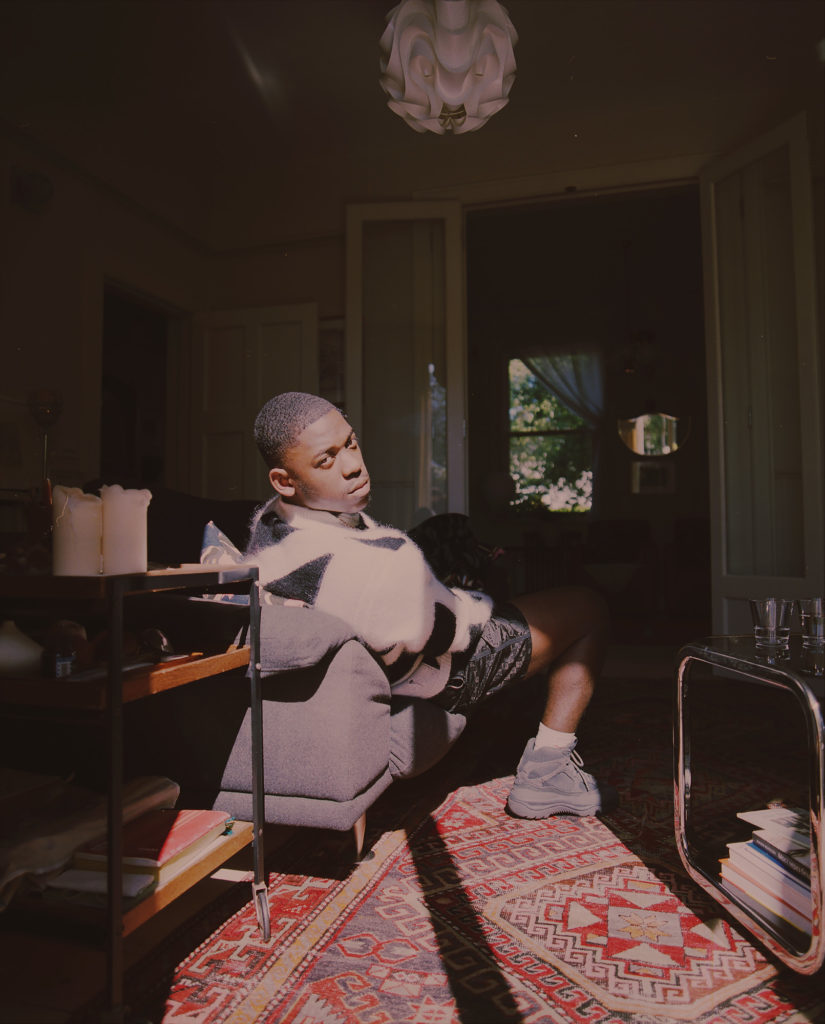

There are a lot people who are just as amazing as me if not better who don’t get the same recognition
Jafaris
How big a part has social media played in Ireland’s boom in rap, trap and R&B?
Social media is the only thing that’s really helping us in this moment. I feel like we’re not utilising it to the best of our ability, but what it’s done so far is shed some light on certain aspects of the scene, especially the drill scene for example. Everyone on Twitter went crazy when JB.2 dropped that freestyle, everyone was tweeting it, talking about it, and that took him to doing a song with Russ, things snowballed, and that wouldn’t have happened if not for social media.
But in order to utilise it more we need to be documenting a lot more things. People gravitate to videos and photos, so if can document even our studio sessions or even just chilling with friends, just create a movement that’s interesting enough for the outside.
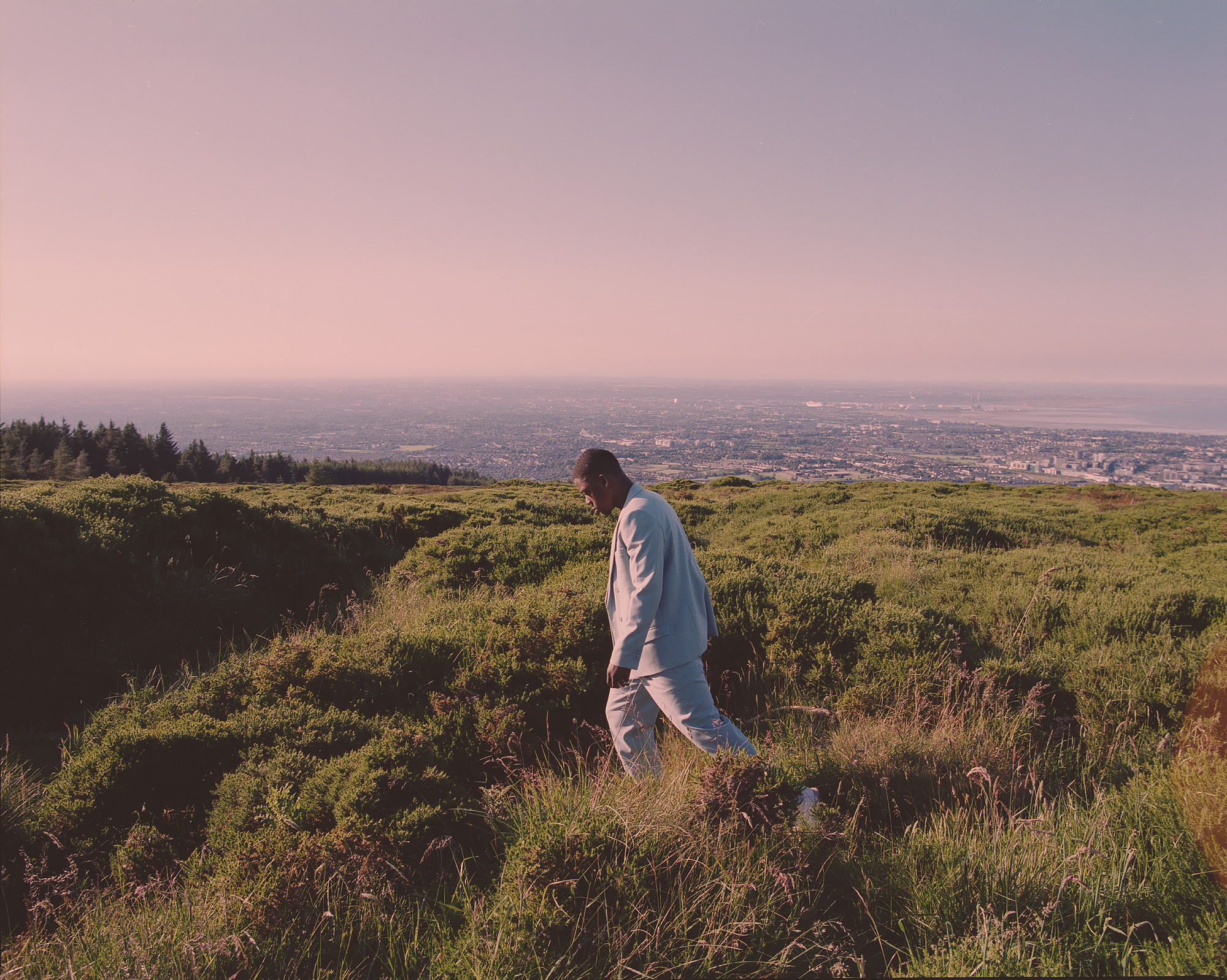

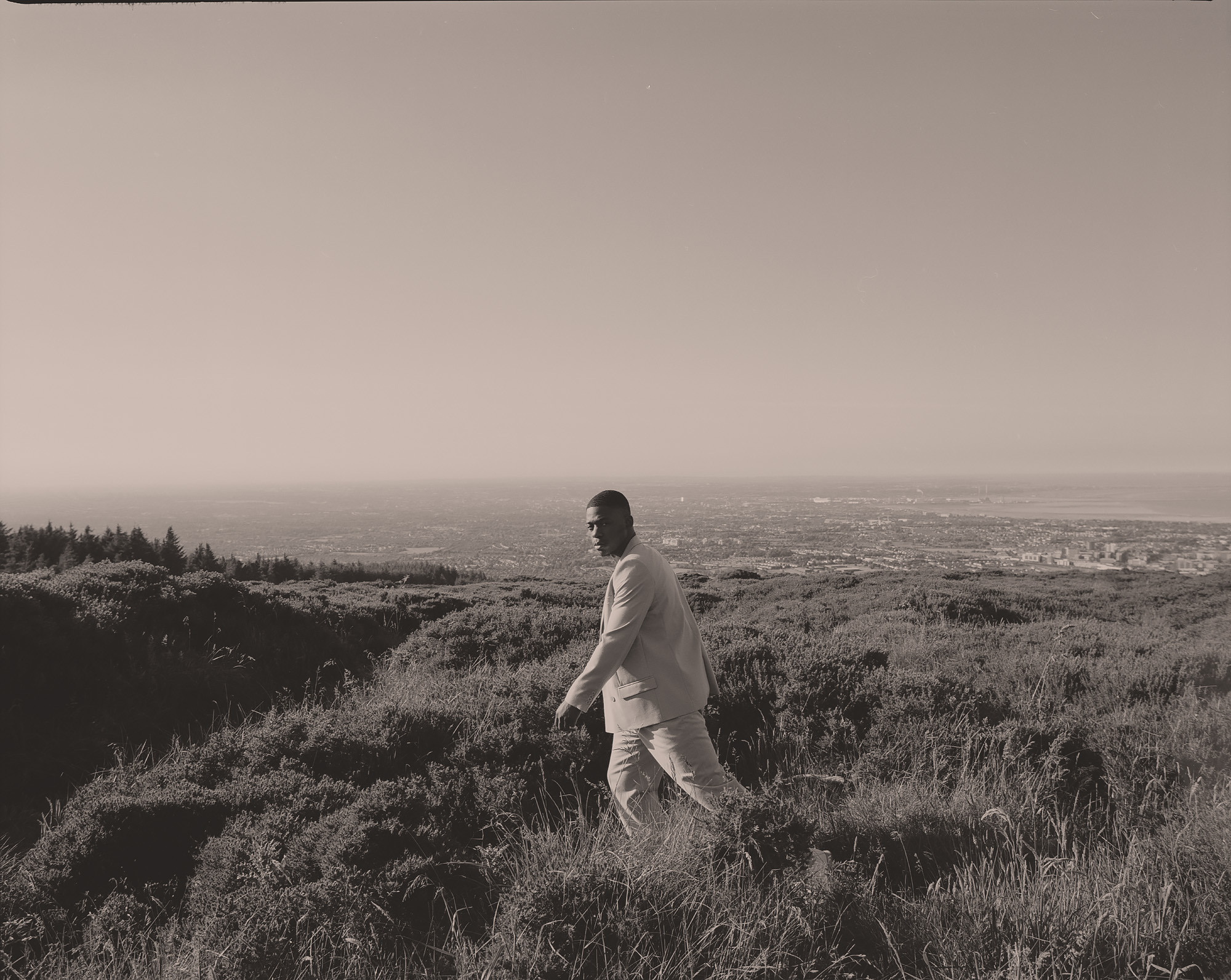

What’s the energy of the scene like right now?
The energy of the Irish hip hop scene right now is extremely hungry. Everybody wants it. Just seeing the fact that everyone wants to put in more work and make their songs better, their product better, everyone wants to push it out right and take their time. There’s a huge level of quality that’s been raised because of that. Everyone wants to see Ireland win this year.
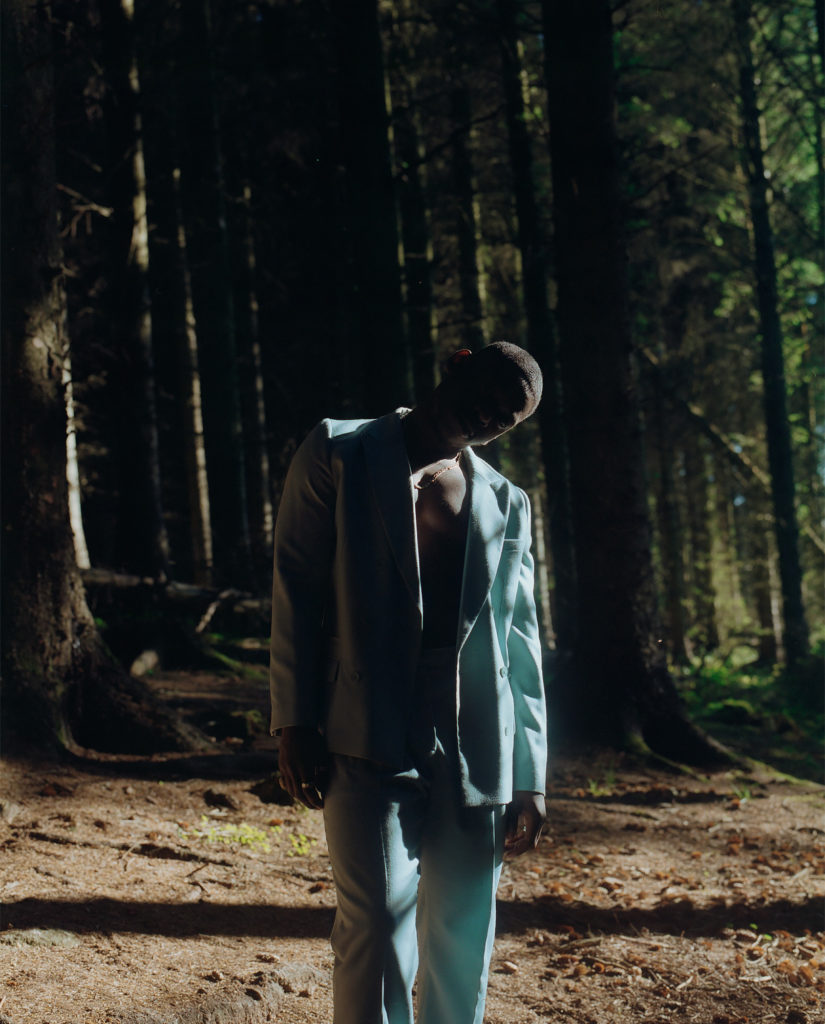

Why did you start making music?
I was following the crowd. One of my best friends at the time started music and told me about it and I thought it seemed cool, but at the time I was a very introverted person, I was very shy and in my shell. I couldn’t express my feelings with anyone, even my parents or my girlfriend at the time, until I dialled back on the music where I wasn’t talking about money, sex and drugs anymore.
When I started taking music for what it was, for me, then I started really expressing myself and it felt so therapeutic. I could say everything I wanted, but I could rhyme it, put a melody over it… I could say what I wanted and I could hide my message in this whole package of what music is.
That’s why I make music, but that gets watered down when you take music as a business though. You have to think if this audience is going to like it, is this audience my audience…
When did you realise you had the confidence to do this?
It was the realisation that this music isn’t me and this music is me, and that was prompted by my dad. He wasn’t really into this whole music thing, but he gave in one day and said, ‘Alright, if you’re going to do music at least let it be something that people can learn from, let it be something your family can listen to and be proud of, something meaningful’. So I was like, ‘Ok, at least I’m allowed to do it now!’, so I took that and ran. From there, it snowballed into something more purposeful. It wasn’t just music for the sake of music, I felt like it was music that could move mountains.
